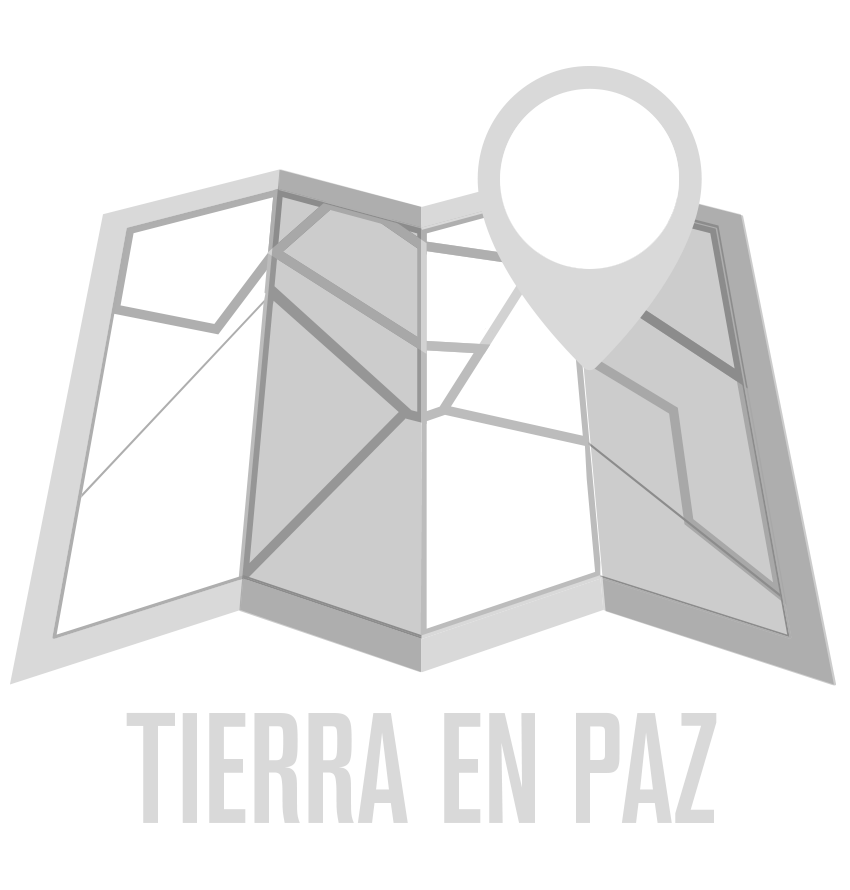Report Conference ´Cadastre for peace-building'
On Monday 4th of December, Mathilde Molendijk and Christiaan van Lemmen from Kadaster spoke at the Conference ´Cadastre for peace-building´, organized by the University of the Andes in Bogota. They were invited to talk about one of the biggest challenges for Colombia after having signed the peace treaty with the Farc: The administration of property and land use rights as the first step to socio-economic development of rural Colombia. Kadaster is giving Colombia technical support to develop a new land administration system.
By: YNSKE BOERSMA
More than fifty years of conflict in Colombia have been fuelled by the lack of property rights in rural areas, where the majority of the municipalities does not have a cadastre. More than six million people have been displaced from their lands. Therefore, a key element to implementing the Colombian peace treaty will be the founding of a 'multipurpose´ cadastre, allowing the formalisation and registration of land and property rights.
“This will not only give legal security to land owners to do investments, but it will also provide income for the municipalities themselves,” says Javier Perez Burgos, director of the institute for Sustainable Territorial Development of the Colombian Ministry of Planning, and the first speaker of this conference.
Important in this regard is that municipalities administer their own cadastre, which currently is being done mostly by the national land administration institution. “For many rural municipalities tax incomes from a cadastre is their only autonomous source of income. Our studies show that for every peso invested in their cadastre, a municipality will earn a revenue of 2,5 pesos. With that is is an important instrument to achieve prosperity in rural Colombia.”
“Only 21% of the Colombian municipalities has a cadastre, making it difficult to implement the agrarian reforms from the peace treaty,” Perez Burgos continues. “The more rural, the poorer, in short. To escape from this poverty trap, it is essential to develop a cadastre as soon as possible. The Colombian government owns that to its people”
But that´s not an easy task. “The current Colombian land administration system is time-consuming, rigid and expensive, and results in few property titles,” says Mathilde Molendijk in her presentation ´Legal security for everyone.´
Therefor the Netherlands’ Cadastre, Land Registry and Mapping Agency – in short Kadaster – is supporting Colombia with a fast, simple and low-cost methodology for administering land: Fit For Purpose (FFP), allowing farmers to register the boundaries of their lands using a smartphone application. The goal of FFP is to map the whole country in no more than seven years.
Molendijk: “Using the conventional method it may take a day to register a parcel, costing up to one thousand dollars. FFP allows a farmer to register two hectares in twenty minutes, for twenty euros.”
Another problem is the institutional fragmentation of the current land administration system, says Christiaan van Lemmen in his presentation about the implementation of the new cadastre. “The process now involves about 15 to 20 institutions. But that doens´t serve the citizen, who needs an affordable, transparant service.”
To conclude the panel discussion, organisator Salomón Kalmanovitz has a political question for the participants. “In Colombia there exists a strong opposition to rural reform. The rural elite, with a traditionally strong representation in congress, has little interest in garanteeing land use and property right to small farmers. So far they have been able to stop any rural reform whatsoever. How do you think to establish a cadastre in this context of polarization?”
Mathilde Molendijk: “I am aware of the huge inequality of land property in Colombia. Still I think everybody will profit from a good land administration in Colombia. So I can only hope it will be possible to convince also the opposition of the importance of this matter.”

